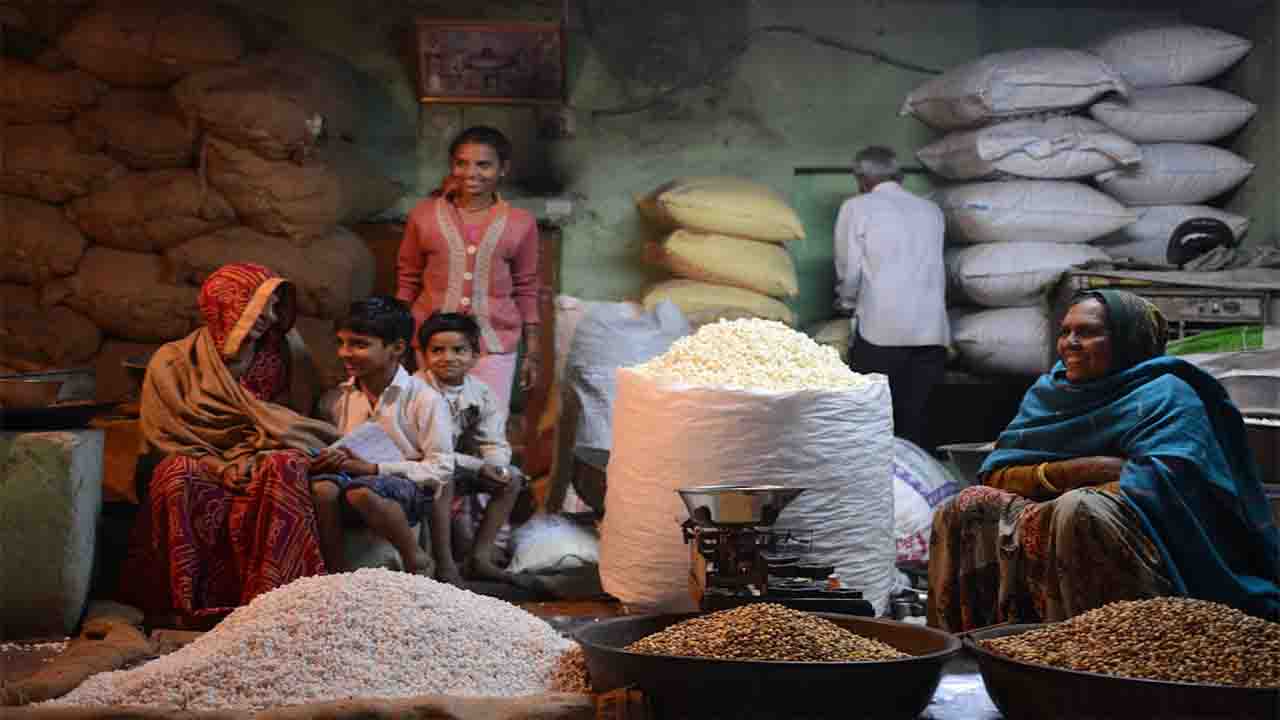By Chris Devonshire-Ellis
The 54 member signatory nations of the African Continental Free Trade Agreement (AfCFTA) agreed to commence trading under the terms of the AfCFTA rules from 1st January 2021. The significance of this has somewhat been lost among all the Covid problems, however the AfCFTA free trade area is the world’s largest in terms of the number of participating countries since the formation of the World Trade Organization. All African countries have signed up to the deal with the exception of Eritrea, due partially to conflicts with neighbouring Ethiopia, however this is expected to be resolved next year.
Tariff Reductions
The agreement initially requires members to remove tariffs from 90% of goods, allowing free access to commodities, goods, and services across the continent.
The general objectives of AfCFTA are to:
Create a single market, deepening the economic integration of the continent;
Establish a liberalized market through multiple rounds of negotiations;
Aid the movement of capital and people, facilitating investment;
Move towards the establishment of a future continental customs union;
Achieve sustainable and inclusive socio-economic development, gender equality and structural transformations within member states;
Enhance competitiveness of member states within Africa and in the global market;
Encourage industrial development through diversification and regional value chain development, agricultural development and food security;
Resolve challenges of multiple and overlapping memberships.
The economic impact will be profound. AfCFTA connects 1.3 billion people across 55 countries with a combined GDP valued at US$3.4 trillion. As noted, it will reduce tariffs among member countries and cover policy areas, such as trade facilitation and services, as well as regulatory measures, such as sanitary standards and technical barriers to trade. It will complement existing subregional economic communities and trade agreements by offering a continent-wide regulatory framework and by regulating policy areas, including investment and intellectual property rights protection that have not been covered in most subregional agreements.
According to the World Bank, analysis shows that full implementation of AfCFTA could boost pan-African income by 7 percent, or nearly US$450 billion. The agreement would also significantly expand African trade, and especially intraregional trade in manufacturing. In addition, it would increase employment opportunities and wages for unskilled workers and assist getting women into the workforce.
African Sourcing & Product Development
Eliminating intra-African, cross-border tariffs on 90% of all African traded goods means that sourcing and manufacturing on a pan-African scale is now feasible. This will have a significant impact on manufacturing businesses not just in Africa, but also for businesses in the UK, Europe, the Middle East and Asia, as operational overheads are far lower.
It allows, for example, the sourcing of different products and components from across Africa, the consolidation of these into one location, where they could be combined, in one of Africa’s rapidly developing free trade zone facilities, with duty-free imported components, and the finished item either sold back onto the African market or exported to markets elsewhere.
An issue will be the productivity gap as African workers will require training and the ability to acquire new skill sets. This will need to be handled with some care, and effective due diligence on issues such an energy, electricity, and water and so on evaluated. But as I have seen over the years in markets such as Vietnam, the productivity gap soon closes.
Africa is a huge continent and to give an idea of diversity, it is prudent to note that the AfCFTA deal itself is legally binding with versions in English, Arabic, French, Portuguese, Spanish and Swahili.
Where To Locate In Africa?
Investors will now be able to establish factories and source on a pan-African basis, consolidate component parts and create a single unified product. Where that should be is dependent upon a number of issues:
Origin of the Investing Company
This is pertinent as it directly impacts on other Bilateral and Double Tax Treaties that may be in place between different countries. This includes not just African countries but also overseas. Mauritius for example has a highly successful DTA with India that reduces profits taxes for Indian businesses receiving dividends from a Mauritian parent company. The nature of DTA and other trade agreements between the UK, and those of British owned subsidiaries overseas that may qualify as residents in their respective country of domicile (such as Singapore, which also has a DTA with Mauritius) and the African nations concerned should be ascertained as tax and trade advantages may arise from using subsidiary companies should the UK not have a direct treaty in place.

Free Trade Zones
This is an area of trade development that will rapidly expand in Africa, and especially on coastal regions. FTZ allow the importation of goods duty free, where they can be mixed with African sourced products and subsequently either resold onto the African domestic market, (in which case the imported component parts will attract VAT) or re-exported elsewhere (VAT and applicable duties will still apply when they reach their designated destination). Essentially this is a question for Head Office accountants, being a product competitive toss-up between lower wages in Africa and the amounts of VAT and applicable duties in the target market.
That worked for China back in the early 1990’s, when a combination of low Chinese wages at the time and a low tax base and incentives were one of the main pillars that allowed the country to grow into the economic giant it is today.
Most Free Trade Zones also allow tax incentives and holidays; some are industry specific to allow industry clusters to develop with related businesses all operating in one zone to assist each other. That model was originally developed by Taiwanese businessmen in the footwear industry, where leather manufacturers, rubber sole producers, zip and fastener makers and other related footwear manufacturers all came together to supply each other with the related products in factories in a specific Footwear Free Trade Zone in Dongguan, South China. Similar arrangements are sure to spring up in Africa.
The UK In Africa
British businesses have strong historic connections in Africa, with Botswana, Cameroon, Eswatini, Gambia, Ghana, Kenya, Lesotho, Malawi, Mozambique, Namibia, Nigeria, Rwanda, Seychelles, Sierra Leone, South Africa, Tanzania, Uganda & Zambia all members of the Commonwealth.
Since Brexit, the EU has been negotiating new trade agreements with numerous African nations, with these inevitably at different stages of detail and completion. Many have or are in the process of agreeing a variety of trade partnerships, which we can summarise as follows:

In terms of each specific African nation, we can provide links to the latest UK Parliamentary reports and trade information with each as follows:
Cameroon (Embed each link into the name)
Eastern & South Africa (Comoros, Madagascar, Mauritius, Seychelles, Zambia, Zimbabwe)
Egypt
Ghana
Ivory Coast
Kenya
Morocco
Southern African Customs Union (Botswana, Eswatini, Lesotho, Mozambique, Namibia, South Africa)
Tunisia
UK-Africa Bilateral Trade Agreements
Some of these discussions are developing into varying types of Bilateral Trade Agreements, which are useful in the services industry in particular as these contain specific details for the tax treatment of certain services and extend from aviation to architecture and beyond. They also cover the specific tax treatment of individuals between the UK and the African nation concerned. They differ from each other according to bilaterally agreed specifics. Please contact us for information.
UK-Africa Double Tax Agreements
Numerous African nations also have Double Tax Agreements with the UK. These are highly valuable and can be used to maximise the profitability of trade and investment by permitting the use of royalties, such as trademarks and patent fees, from a UK based parent to its African subsidiary or partner. Doing so incurs withholding taxes, however these are typically less than the applicable profits tax should the capital be left in situ. This can provide profits tax savings of up to 15%. Professional advise should be taken when structuring contracts to include DTA terms and to lodge documentation with the relevant tax authorities in both countries.
We provide details of African countries with a UK DTA as follows:

The UK-Africa Advantage
As can be seen, there are plenty of opportunities for British businesses to develop trade and manufacturing outlets within Africa. This new impetus also gives UK manufacturers and exporters certain advantages over EU competitors as several African nations the UK is agreeing trade partnerships with are not covered by the EU’s own Economic Partnership programme in Africa. These include North African markets such as Egypt, Morocco and Tunisia, in addition to the rich East Africa nations of Kenya and Zambia and Southern Africa’s Lesotho.
While the past three decades have seen a UK trend of looking to China and Asia for manufacturing alternatives, Africa is now starting to inherit this. That this is not missed by the Chinese themselves, whose own investments in Africa increased to US$110 billion by 2019, should be a lesson of note for UK plc: it is Africa, with the AfCFTA free trade agreement now in place that will inherit the mantle ‘workshop of the world’. British companies would do well to begin examining the opportunities.
Chris Devonshire-Ellis is the Chairman of Dezan Shira & Associates and the Publisher of Asia Briefing.
Please see: www.dezshira.com and www.asiabriefing.com or contact him at info@dezshira.com











